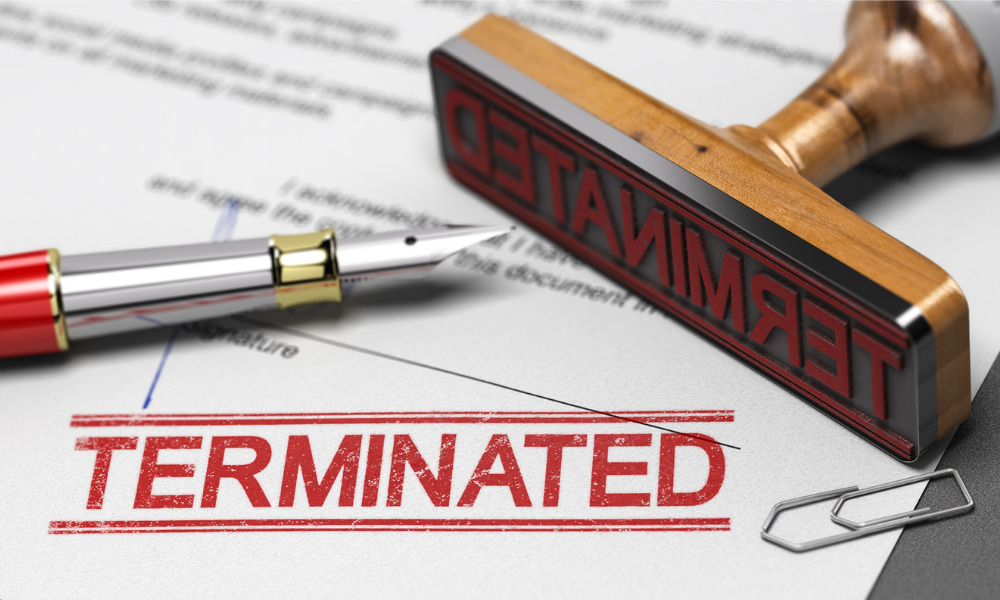
What can HR do to prevent corruption and fraud in workplaces?

Tencent Holdings has announced that they’ve terminated nearly 70 employees due to incidents of bribery and embezzlement, according to different reports, with at least 10 people reported to the law enforcement for suspected criminal offences. The South China Morning Post (SCMP) said that the company investigated over 50 cases of bribery and embezzlement in 2021, adding that it has "zero tolerance" for such acts.
According to Tencent, one former employee working under the digital music sector asked and received favours from its suppliers, reported Channel News Asia. Another earned profits by using a company he controlled to enter into a deal with Tencent. Some terminated staff also offered "fake" online internship opportunities and received money from candidates using recruitment agencies.
In addition to firing almost 70 workers, a total of 13 companies were also blacklisted from future transactions with Tencent. The internal crackdown on staff began in 2019 as part of an anti-graft campaign of Tencent, where it regularly reported the results of its investigations. It comes as China also intensifies its crackdown on alleged corrupt practices in the expansion of country's internet and tech sector, according to SCMP.
Read more: How can management enforce anti-corruption policies overseas?
HR has a significant role in stamping out corruption inside workplaces, especially since it deals with the management of people inside organisations, according to the Corrupt Practices Investigation Bureau (CPIB).
A CPIB spokesperson previously spoke with HRD, explaining how HR can implement procedures that could help monitor and prevent fraud internally. This includes establishing a "whistle-blowing or internal audit channel" that allows for anonymous reports, while training programmes on anti-corruption efforts may also be initiated.
"As part of a training framework for existing employees, [HR] may introduce a training programme on compliance and ethics or expand on existing one," the spokesperson said.
The training should educate staff on what counts as corruption and what areas are susceptible to them. It should also inform them of corruption prevention measures and the systems in place to stop them. Employers may also set the tone as early as hiring process, according to the CPIB, to ensure that new recruits are aware of the company's commitment to honest transactions.